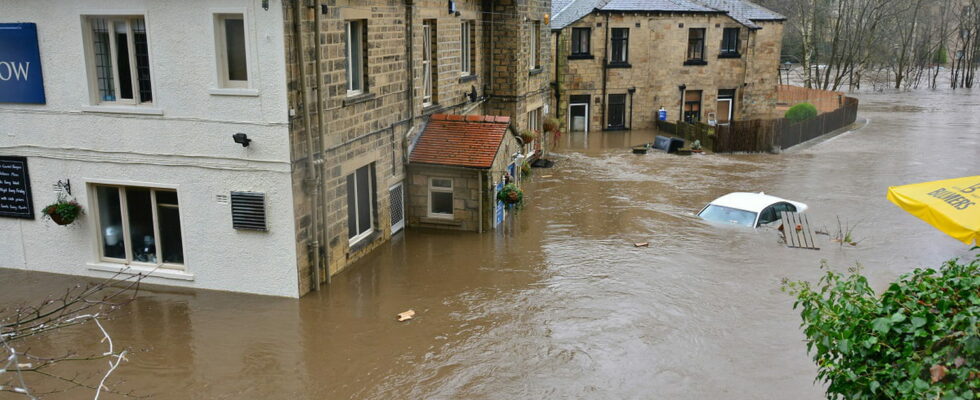This Thursday, October 17, 2024, Free Mobile users located in Ardèche did not receive the flood alert sent by FR-Alert, the state system signaling imminent danger. A worrying dysfunction… and not new.
This Thursday, October 17, 2024, a large part of France is faced with a Cévennes episode: a usual meteorological phenomenon in this season, but particularly intense this time, particularly in certain regions. During the day, Météo France placed several departments on orange vigilance, and even six on red vigilance, the highest level of alert in the face of natural dangers, in this case floods, floods and very heavy precipitation. Cities are underwater and roads have been cut for safety reasons.
In Ardèche, heavy rainfall is currently causing significant flooding. Entire roads are blocked, and numerous calls to evacuate are made. A crisis management unit has been opened and more than 230 interventions by firefighters have already been recorded. To use the words of Agnès Pannier-Runacher, the Minister of Ecological Transition, it is “unheard of in living memory”.
Faced with this torrential episode, the Ardèche prefecture used FR-Alert, a system set up by the Government in 2022 to warn in real time all people with a mobile phone of their presence in a threatened area. a danger. She asks residents to return home before 6 p.m. and to turn off water, gas and electricity, for safety. Unfortunately, it seems that not everyone was warned. If customers of Bouygues, SFR or Orange have indeed received the alert, this is not the case for Free Mobile subscribers.
FR-Flood alert: Free still misses the mark
As reported of users on the social network (formerly Twitter) and as a member of the editorial staff had the unfortunate experience, Free Mobile subscribers located in the region concerned did not receive the FR-Alert message, or with a delay of several hours. On the other hand, no problem for customers of other operators, all messages seem to have arrived simultaneously.
This is not the first time that Free has encountered problems in the distribution of FR-Alert messages. Already last January, the operator’s subscribers had not received the test tsunami warning message (see our article). The reason for the current malfunction is still unknown, but it is possible that it comes from the SIBs (System Information Blocks) – the SIB12, which is supposed to transmit information about the commercial mobile alert system, might not have been issued by Free on the network – or software incompatibility on the ISP antennas.
The FR-Alert system is revolutionary in idea, but in execution it still needs to be optimized. THE Public officials are well aware of this problem but, almost two years after the launch of the system, it is still not up to par. It is imperative to resolve this situation as quickly as possible because, in some cases it can be a matter of life and death…

